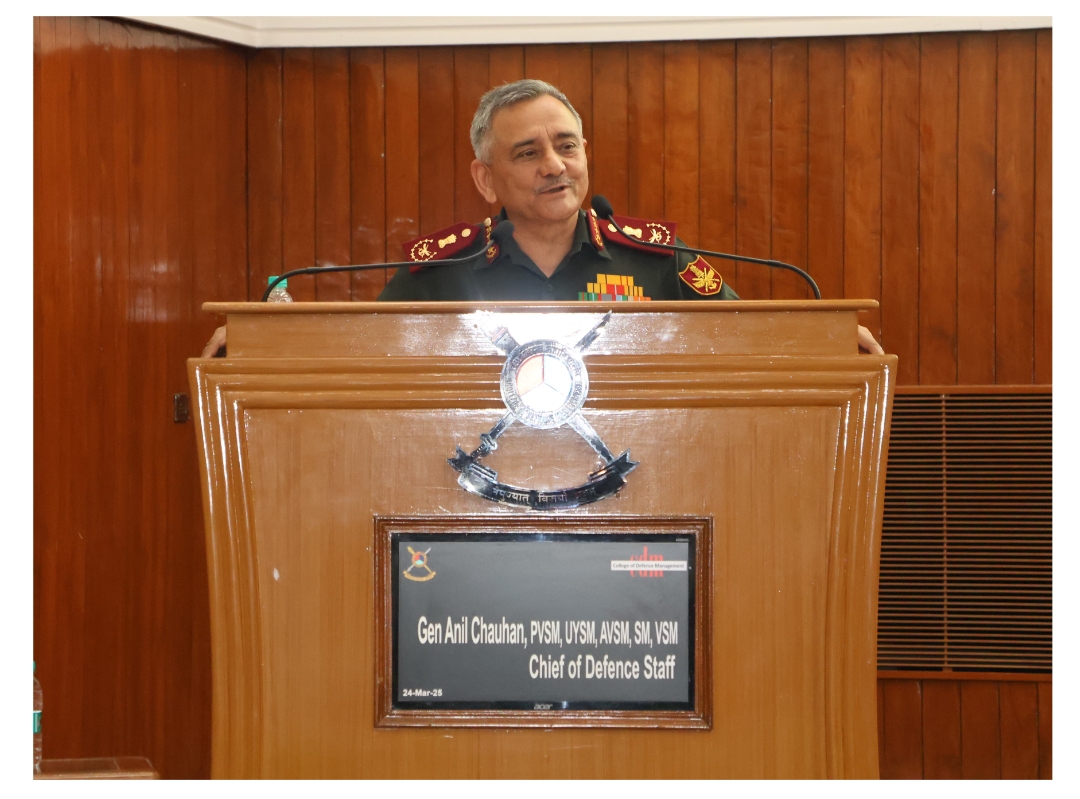Mauritania Eliminates Trachoma as a Public Health Problem: A Major Milestone in Africa’s Fight Against Neglected Tropical Diseases.
Geneva/Nouakchott:
Mauritania has been officially recognized by the World Health Organization (WHO) as having eliminated trachoma as a public health problem, becoming the seventh country in WHO’s African Region to achieve this remarkable public health milestone. The validation was formally acknowledged during the Seventy-eighth World Health Assembly in Geneva, where the certificate was presented to Health Minister Abdallahi Sidi Mohamed Wedih and Mauritania’s Ambassador to Switzerland, Aïcha Vall Vergès.
WHO Director-General Dr. Tedros Adhanom Ghebreyesus commended the achievement, saying, “I congratulate the government and the people of Mauritania for this achievement. This is another example of the incredible progress we have made against neglected tropical diseases and gives hope to many other nations still fighting against trachoma that they too can eliminate this disease.”
A Long History of Determined Efforts
Mauritania’s fight against trachoma dates back to the 1960s, but it wasn’t until the early 2000s that systematic efforts began through population-based epidemiological surveys, conducted with the support of the Organization for the Prevention of Blindness (OPC), the Institute of Tropical Ophthalmology of Africa (IOTA), and WHO. These efforts were integrated into the National Programme for the Fight against Blindness under the Ministry of Health.
Mauritania adopted and successfully implemented WHO’s SAFE strategy for trachoma elimination:
- Surgery to correct advanced cases,
- Antibiotics (notably azithromycin donated by Pfizer via the International Trachoma Initiative),
- Facial cleanliness campaigns,
- Environmental improvements such as water and sanitation upgrades.
Praise from Health Leadership
Dr. Charlotte Faty Ndiaye, WHO Representative in Mauritania, emphasized the collaborative effort: “Eliminating trachoma is a landmark victory for public health in Mauritania. This success reflects the strong leadership and commitment of the Government, supported by the dedication of health workers, communities, and partners. WHO will continue to support efforts to prevent resurgence.”
A Broader Regional and Global Impact
Mauritania’s achievement marks the second neglected tropical disease (NTD) eliminated in the country. In 2009, Mauritania had already been certified as free from dracunculiasis (Guinea-worm disease) transmission.
Globally, Mauritania becomes the 22nd country validated by WHO for eliminating trachoma. Other countries in this elite group include India, Ghana, China, Mexico, Morocco, Nepal, and Saudi Arabia. These successes are part of a broader global movement—55 countries have now eliminated at least one NTD.
Ongoing Vigilance and Global Burden
Despite the success, WHO and Mauritanian health authorities remain vigilant. Surveillance will continue in previously endemic communities to prevent re-emergence.
As of April 2024, trachoma remains endemic in 37 countries, with 103 million people living in areas requiring interventions. The disease predominantly affects poor, rural communities, particularly in Africa, which accounts for 90% of the global burden. However, thanks to large-scale public health interventions, the African Region has seen a 51% reduction in people needing antibiotic treatment—from 189 million in 2014 to 93 million in 2024.
Following Mauritania’s success, 20 countries in WHO’s African Region are now actively targeting trachoma elimination.
Looking Ahead
Mauritania’s achievement offers a blueprint for other nations battling trachoma. With strong government commitment, community engagement, and international cooperation, the global goal of eliminating trachoma as a public health problem is increasingly within reach.


